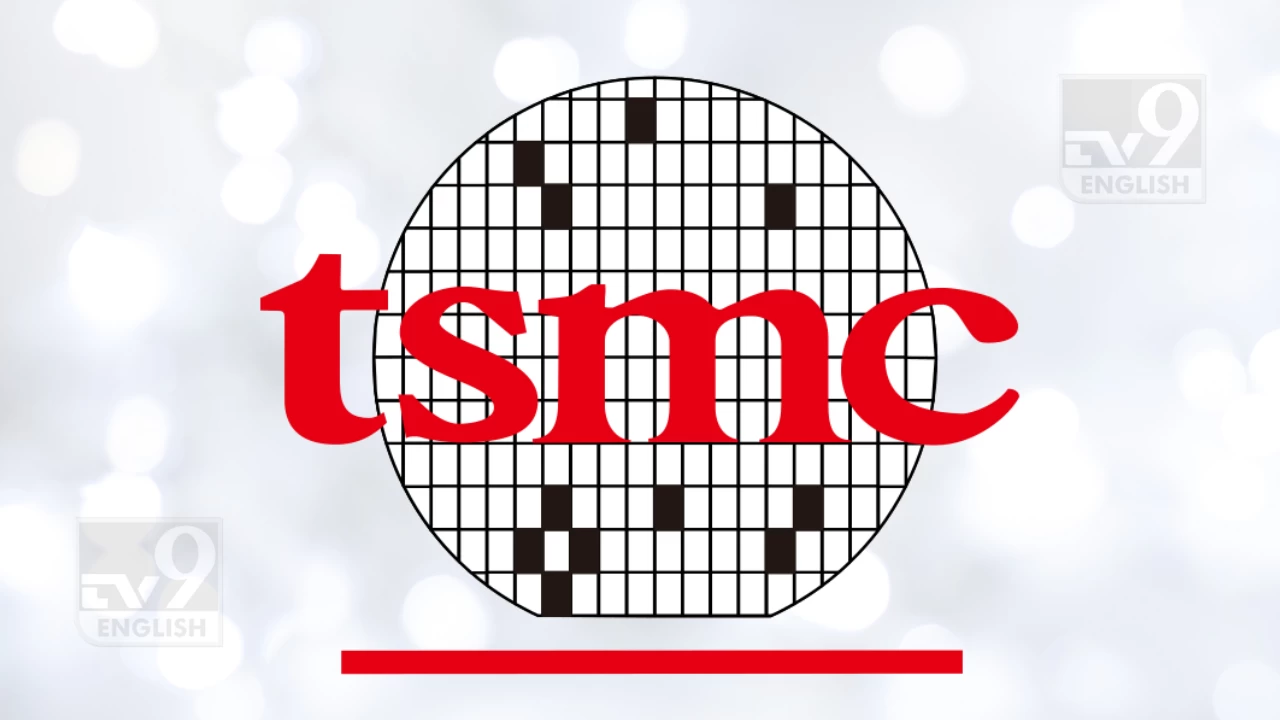

By signing in or creating an account, you agree with Associated Broadcasting Company's Terms & Conditions and Privacy Policy.


By signing in or creating an account, you agree with Associated Broadcasting Company's Terms & Conditions and Privacy Policy.

New Delhi: The United States has revoked Taiwan Semiconductor Manufacturing Company’s (TSMC) license that allowed it to freely ship key equipment to its Nanjing plant in China. The move adds a new layer of uncertainty for global chip supply chains, already strained by years of export controls and licensing delays.
According to a report by Bloomberg, US officials told TSMC that its so-called Validated End User (VEU) status for the Nanjing site will be withdrawn by December 31, 2025. This follows similar action taken against Samsung Electronics and SK Hynix last week, as Washington continues its push to close what it calls “export control loopholes.”
The VEU authorization acted as a blanket approval that allowed TSMC to ship semiconductor tools and materials to its Chinese facilities without applying for case-by-case licenses. Losing this status means every shipment will now need individual approval from the US Commerce Department’s Bureau of Industry and Security (BIS).
While the BIS has said it intends to issue licenses to keep facilities operational, the change raises questions about wait times and potential bottlenecks. Officials themselves acknowledged that ending waivers for Intel, Samsung, and SK Hynix could add more than 1,000 license requests each year to an already backlogged system.
Compared to the Korean giants, TSMC’s China footprint is relatively modest. Its Nanjing facility, which began operations in 2018, manufactures chips using technology as advanced as 16-nanometer — a process node that was state of the art over a decade ago. Industry analysts point out that this site contributes only a small fraction of TSMC’s global revenue.
In a statement, the company confirmed receiving the US notice: “TSMC has received notification from the U.S. Government that our VEU authorization for TSMC Nanjing will be revoked effective December 31, 2025. While we are evaluating the situation and taking appropriate measures, including communicating with the US government, we remain fully committed to ensuring the uninterrupted operation of TSMC Nanjing.”
The Biden and now Trump administrations have tightened export controls on China to limit Beijing’s access to advanced chips and manufacturing tools. Officials argue that older permissions allowed critical technology to slip through, putting US firms at a “competitive disadvantage.”
By shifting companies from automatic waivers to individual license requests, Washington is tightening oversight. But the strategy carries risks, including slowing down production schedules and creating red tape for allies like Taiwan and South Korea.












